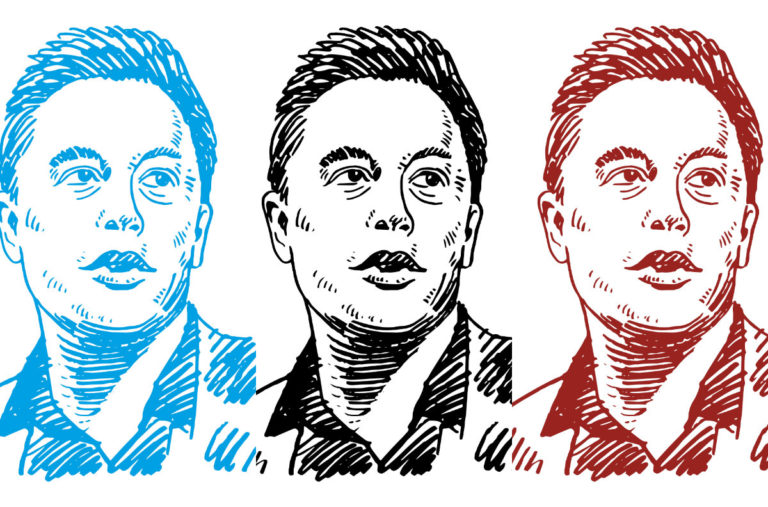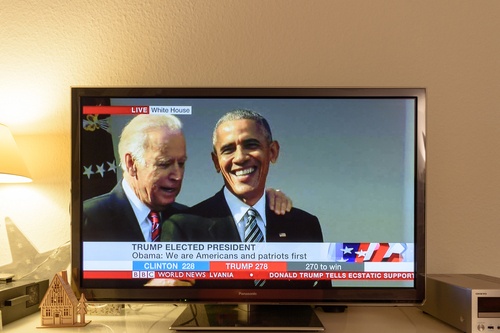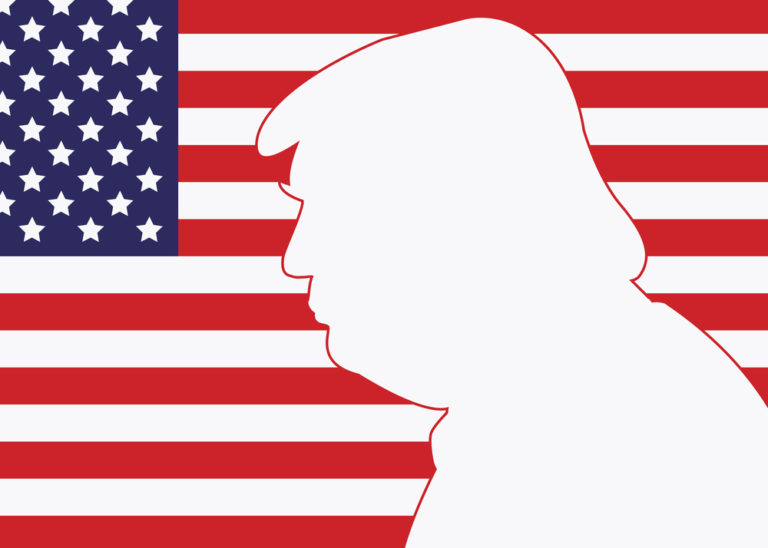Key Takeaways
- The F-1 student visa is intended for education, not employment.
- Companies like Miles Education are exploiting loopholes to turn student visas into long-term work programs.
- International students are being charged thousands for guaranteed jobs in the U.S., bypassing American workers.
- The Optional Practical Training (OPT) program is being misused to keep foreign workers in the U.S. for years.
- Jobs are eventually offshored to countries like India, replacing American workers.
The F-1 Visa: A Path to Education or Employment?
The F-1 student visa is a program designed to allow international students to study full-time at accredited U.S. colleges and universities. It’s not meant for permanent work or staying in the U.S. indefinitely. When applying for an F-1 visa, students must promise that they’re coming to the U.S. only for education and will return home after completing their studies. They also must show they can afford tuition and living costs without working.
But over the years, companies have found ways to bend the rules. One such company is Miles Education, which has turned the F-1 visa into a pipeline for foreign labor.
How Miles Education Exploits the System
Miles Education offers international students, especially from India, a “guaranteed” pathway to the U.S. For a fee of $40,000 to $50,000, the company promises admission to U.S. universities, visa support, and job placements. This program, called the “Miles US Pathway,” markets itself as a way for students to land high-paying jobs in America.
But here’s the catch: The primary goal of this program isn’t education. It’s about getting students into the U.S. to work and stay as long as possible. Miles Education even rebrands non-STEM programs, like accounting, as “STEM degrees” by adding terms like “analytics” or “tech tools.” This allows students to qualify for extended work permits under the OPT program.
The OPT Program: A Backdoor for Employers
The OPT program was created to let international students gain practical work experience in their field for up to 12 months after graduation. In 2008, this was extended to 36 months for STEM graduates. But there’s a problem: OPT is not a work visa, and it’s not meant to replace American jobs.
However, companies like Miles Education and their partner universities are abusing the system. They’re labeling non-STEM degrees as STEM to help students qualify for three years of work in the U.S. This creates a loophole for employers to hire foreign workers without having to prove that no qualified American workers are available.
Moreover, employers don’t have to pay Social Security or Medicare taxes for OPT workers, saving them about 8% per hire. This makes it cheaper to hire foreign workers instead of American ones.
After the OPT period ends, Miles Education doesn’t leave workers stranded. Instead, they send them back to their home countries to work remotely for U.S. companies at half the wage. This is part of their “Build-Operate-Transfer” model, which outsources American jobs to countries like India.
The Impact on American Workers
This exploitation of the F-1 visa system is putting American workers at a disadvantage. U.S. graduates are competing with foreign workers who are willing to accept lower wages and fewer benefits. Companies are taking advantage of these loopholes to cut costs, leaving American workers struggling to find jobs.
The OPT program was meant to give students hands-on experience, not to create a pipeline for cheap labor. But as long as companies like Miles Education and their partners continue to bend the rules, American workers will suffer.
The Government’s Role in the Crisis
The U.S. government has failed to address these abuses. While the F-1 visa rules are clear, enforcement is lacking. Universities, companies, and government agencies are turning a blind eye to the exploitation because it benefits everyone involved—except American workers.
The situation highlights what critics call the “Immigration Industrial Complex,” where foreign companies profit from exploiting U.S. immigration laws. The result is a system where American jobs are outsourced, and U.S. graduates are left behind.
The Future of the F-1 Visa Program
The F-1 visa program was designed to promote education and cultural exchange. But as long as companies like Miles Education continue to exploit it, the program will remain a threat to American workers.
To fix this, the government must enforce the rules and close the loopholes that allow companies to misuse the system. U.S. workers deserve fair competition, and foreign students should not be used as a way to undercut American labor.
Unless something changes, the F-1 visa program will continue to be a pathway for foreign labor, not education—a loss for everyone except those profiting from the exploitation.
This issue is a wake-up call for policymakers, educators, and employers. It’s time to take a closer look at how the F-1 visa program is being used and abused. The American Dream shouldn’t come at the cost of American jobs.










